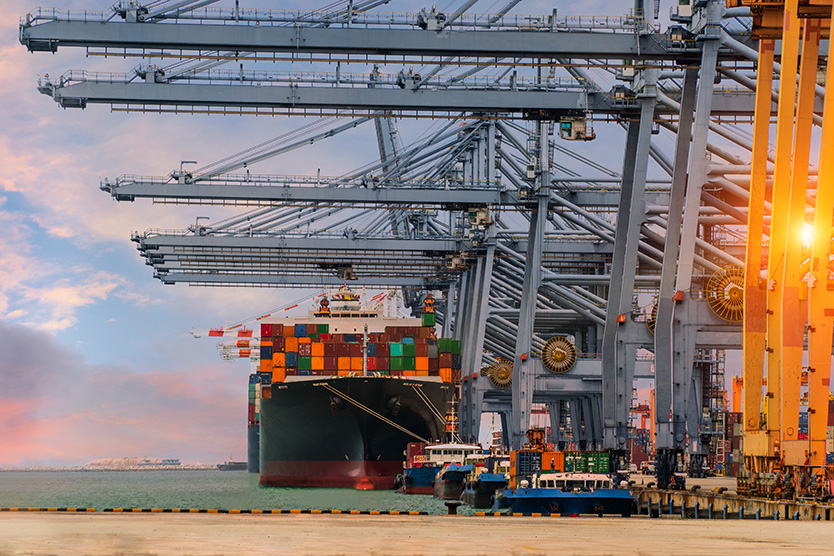.
Tariffs on 91% of all goods traded between the EU and MERCOSU are eliminated. There are some transitional periods for both sides. According to calculations by the European Commission, the tariff reductions will save European exporters around €4 billion a year.
Also, geographical designations of origin of 357 European foodstuffs are protected in MERCOSUR (e.g. Münchener Bier (Munich beer) or Tiroler Speck (Tyrolean bacon)). The trade agreement does not affect the EU’s high food safety standards. Sensitive agricultural interests are protected. All the imports to the EU must continue to comply with the strict EU rules. EU companies will obtain better access to public tender procedures and EU service providers will enjoy better market access e.g. in the fields of information technology, telecommunications and transport.
The ambitious chapter on sustainable development contains binding rules on work, the environment and the climate. The parties commit to ratifying the fundamental and other relevant agreements of the International Labour Organization, to effectively implementing multilateral environmental agreements including the Paris Climate Agreement and respecting obligations in this regard – for the MERCOSUR countries, this includes rules against deforestation.
The dialogue and monitoring mechanisms laid down in the agreement provide for an institutionalised and regular dialogue between the parties. Civil society and multilateral organisations will be closely involved in the monitoring of the implementation.
